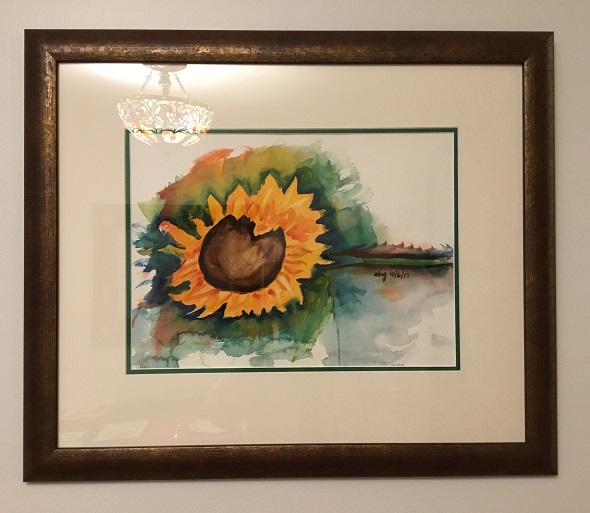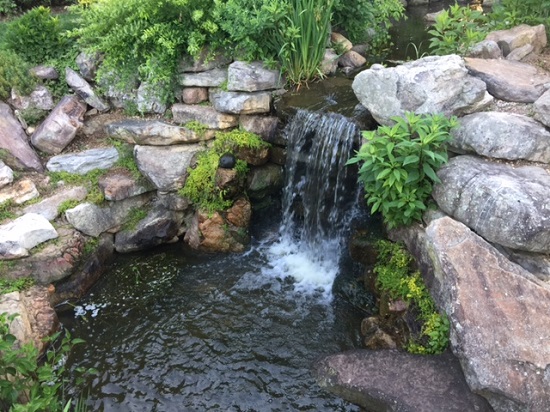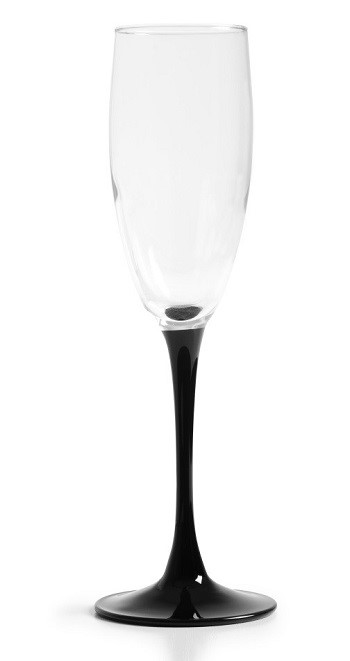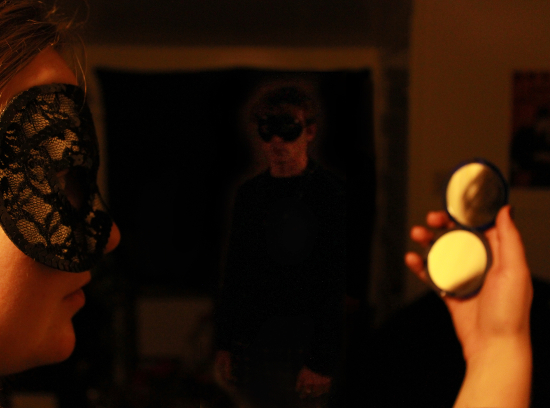“A substance use disorder is a medical illness characterized by clinically significant impairments in health, social function, and voluntary control over substance use.”
– Facing Addiction in America: The Surgeon General’s Report on Alcohol, Drugs and Health, November, 2016, Page 4-1
“Addiction is a chronic, relapsing brain disease that is characterized by compulsive drug seeking and use, despite harmful consequences.”
– National Institute on Drug Abuse (NIDA), a division of the National Institutes of Health (NIH), 2014
Do no harm.
Use evidence-based treatment modalities.
I define evidence-based treatment as what research reports works for most people, most of the time, better than other treatments, and better than no treatment. Specifically, that means the treatment is supported by numerous, peer-reviewed scientific experiments with rigorous methods that include control groups, randomization of subjects to experimental conditions, and bias-free samples, with statistically significant results. Some treatments that are evidence-based to work for groups may not be helpful to a particular individual, however. It is an imperative that counselors and individuals continually monitor an individual’s condition and progress while engaged in treatment.
I contrast research data – the evidence resulting from research experiments – with “anecdotal data.” I define anecdotal data as an individual’s personal experience. Data from a sample size of one does not provide sufficient information from which a generalization can be made about a group or population. Principles believed to account for outcomes from inspirational individual stories, practitioner wisdom, or theories based on logic, cannot be safely applied to others without first subjecting those principles to rigorous research.
I have relentlessly studied what evidence-based substance use disorder treatment should be. An outline of my findings is here.
Provide the caliber of therapy and treatment you would want for your own child.
Champion the power and resilience of the individual.
Jettison all identity-compromising, stigma-perpetuating words and phrases from one’s vocabulary: addict, alcoholic, substance abuse, get clean, dirty urine, hit bottom, tough love, codependency, enabling.
Practice “love love,” not”tough love.”






